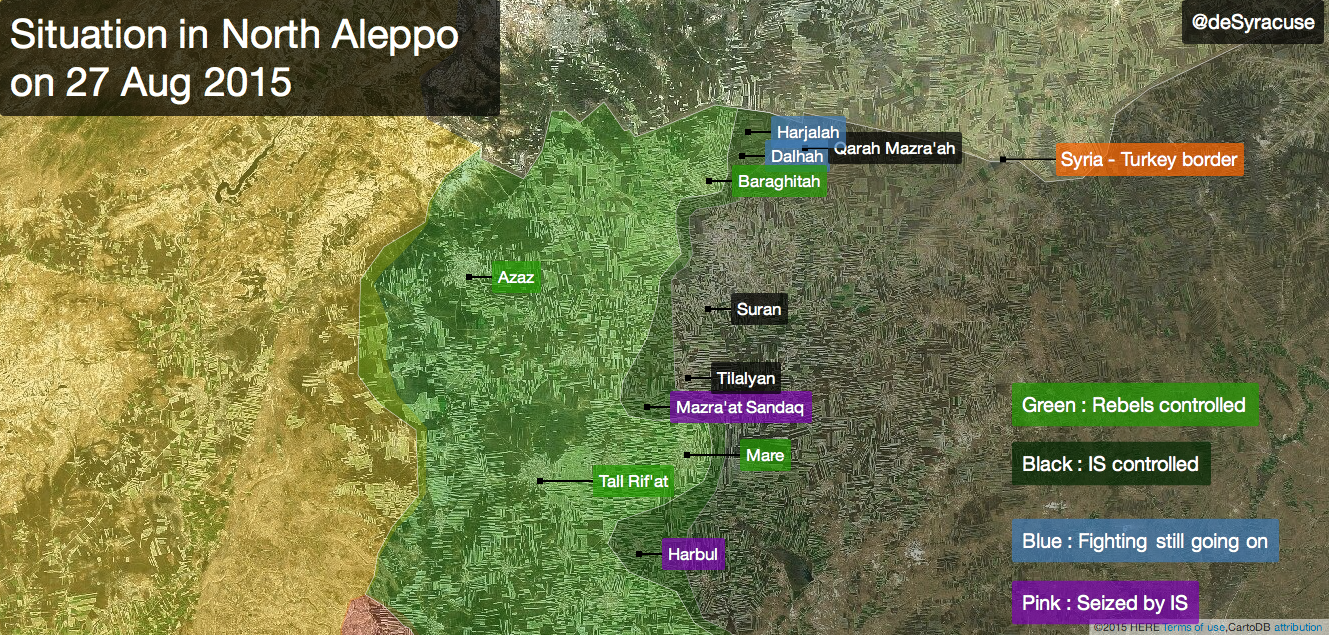The government in a revolution is the despotism of liberty against tyranny.
Le gouvernement de la révolution est le despotisme de la liberté contre la tyrannie.
Robespierre
Conversations in the media about Donald Trump’s anti-immigration canards, the migrant crisis in Greece and Macedonia, and protest actions in Britain and Germany, have brought immigration and its opponents to increased attention.

To begin, it must be accepted that immigrants belong to our shared human heritage and they are thus no different than anyone else, so they should not be demonized. One can argue quite effectively that citizenship should not be exclusive or should not exist at all as a concept in today’s porous political geography. However, state policies on immigration and the effects of immigration on people’s lives can be legitimately brought to attention and criticized.
Is immigration bad… for immigrants?
The trafficking of immigrants for exploitative employers who seek nothing less than to restore slavery in Europe and North America is a fact. Various arguments can be made from the state perspective that immigration can have a damaging effect on quality of life. Mostly, for immigrants themselves.
Many immigrants move to Europe and North America searching for better wages and better quality of life. Each of them would prefer thus to have traveled here alone, and not be part of a great stampede of mankind away from the world’s impoverished peripheries to its unjustly wealthier centers. Those who remained likely have an even greater contempt for those who left, than each immigrant has for the next immigrant.
From a world-systems perspective, this is not only against the interests of the poor states losing skilled workers to wealthier states, but against the interests of individual migrants themselves. Some of the strongest criticisms of immigration in its present form ought to come from immigrants, and indeed they do. Immigrants who have made a life for themselves in Europe and North America have more reason to fear an influx of new immigrants than anyone else. Indeed, the extralegal patrols that were set up on the United States border with Mexico are largely manned by immigrants themselves, as are the government border stations on that border. Immigrants hold a strong fear of other immigrants, seeing them as a threat to their way of life who threaten to drive down the wages that were the reason they migrated in the first place.
Immigrants who came to the west searching for work and better quality of life are desperately afraid that they will have to compete with a new influx of people who are willing to put up with slightly less pay and slightly less quality of life than they were. That is a fear that exists. It may be unfounded, and indeed the real solution to it is not to bar immigrants from entering the state in question, but for the state to more heavily regulate employers in order to crack down on exploitation, and for trade unions to consistently campaign for higher wages.
Emigration as a draining and impoverishing force in poor countries?
The more potent criticism of immigration is not regarding the interests of the host country, which profits enormously from the influx of skilled workers, and hence is not a criticism of immigration but of emigration – the loss of workers from poorer states. The flight of doctors and scientists from poor countries to rich countries leaves their own countries suffering a severe lack of quality medical care and innovation, and reduces them to asking for aid from other countries or the humiliation of relying on foreign volunteers from international NGOs (to no avail).
One can either believe that poor states are poor because they are incompetently governed by juntas and totalitarian regimes, or we can study history, which reveals that such regimes only emerged in the first place to guard against colonialism. The solution to poverty in the world’s economic peripheries is not to neglect, abandon, sanction and condemn nations but to help them.
If poorer states only appealed for their most skilled workers to remain in those countries, and to help uplift these countries rather than leave them in the care of the United Nations and various NGOs, every such country would prosper and their people would feel no incentive to migrate to Europe and North America. While any policy that mixes the races and brings together disparate cultures results usually in a positive exchange, it is a tragedy that poor countries witness this exodus of people in the first place. One can only hope that ubiquitous industrialization and other technological progress will eventually improve life across the whole world and not only in Europe in North America.


